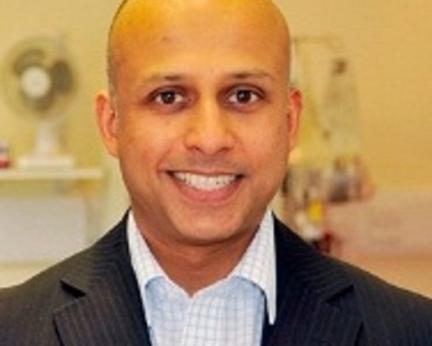Dr Datta didn’t take a direct route into chemical pathology. Following medical school, he completed several general medicine rotations and had initially planned to become a cardiologist. However, he changed his career path and is now an NHS consultant in chemical pathology and metabolic medicine.
Real-life story - Dr Dev Datta

Dr Dev Datta
Consultant Metabolic Physician
- Employer or university
- University Hospital of Wales, Cardiff
- Salary range
- Over £65K
I found the prospect of a career as a chemical pathologist very attractive, because you tend to have some control over your own diverse work schedule




